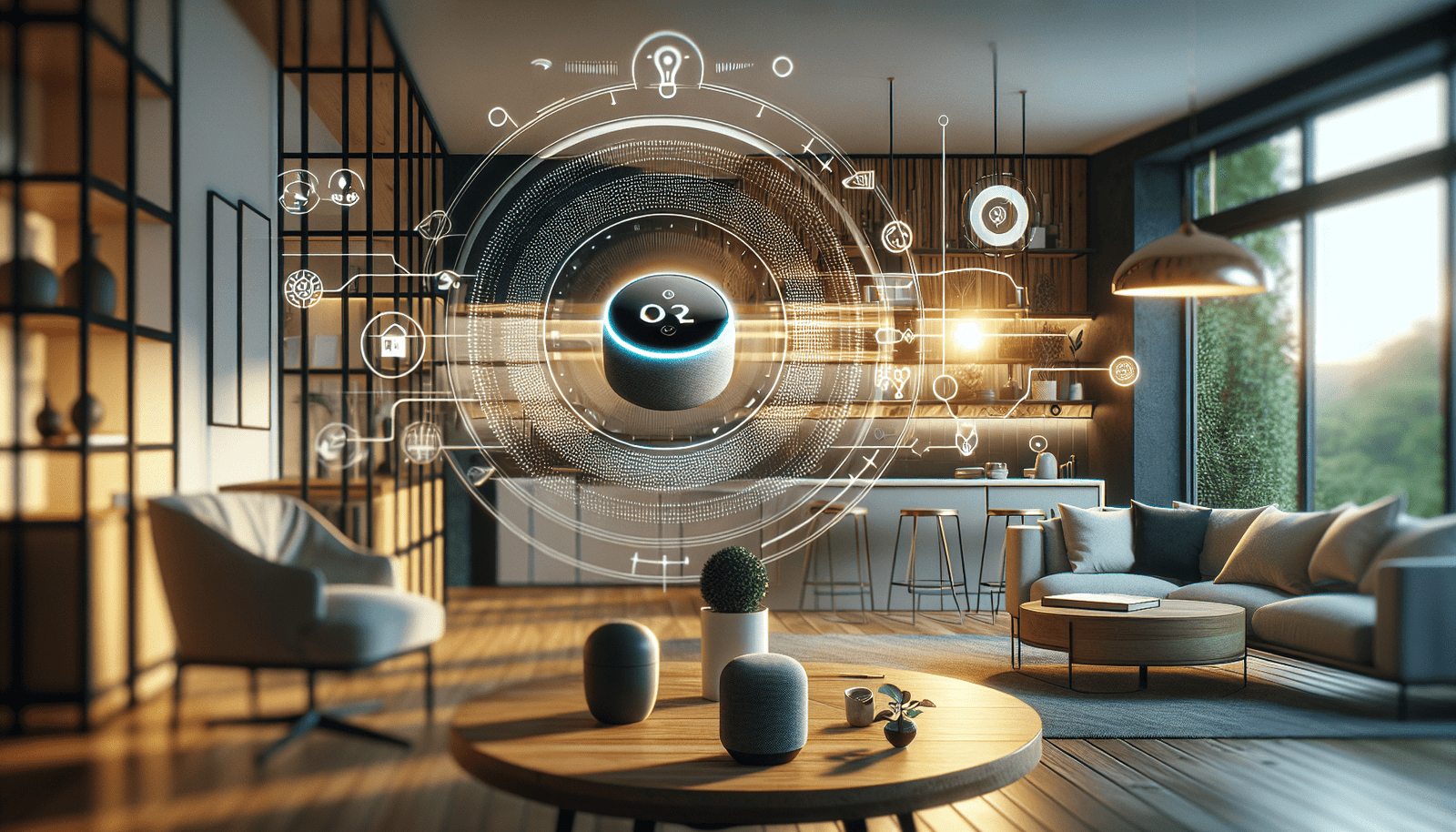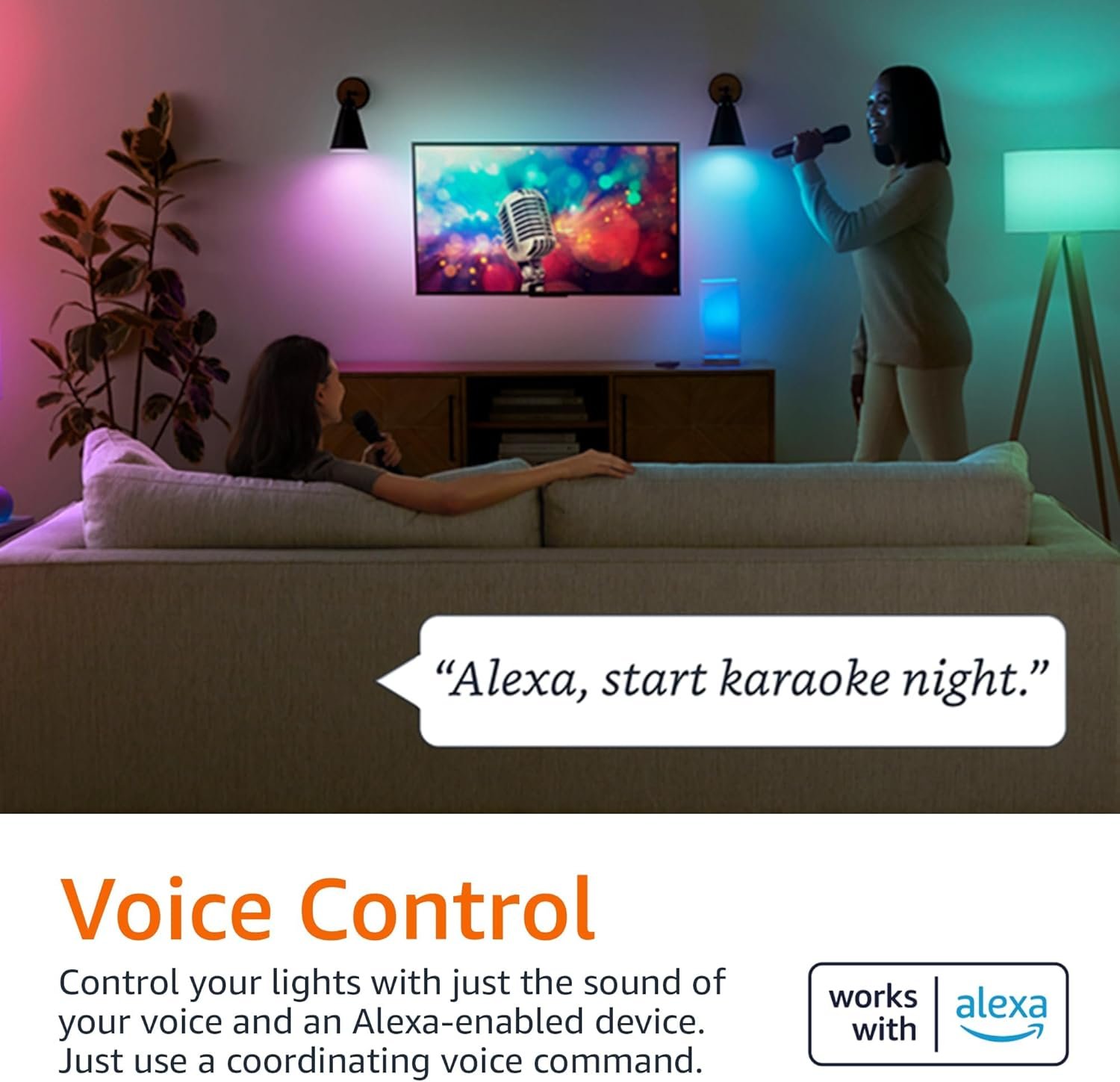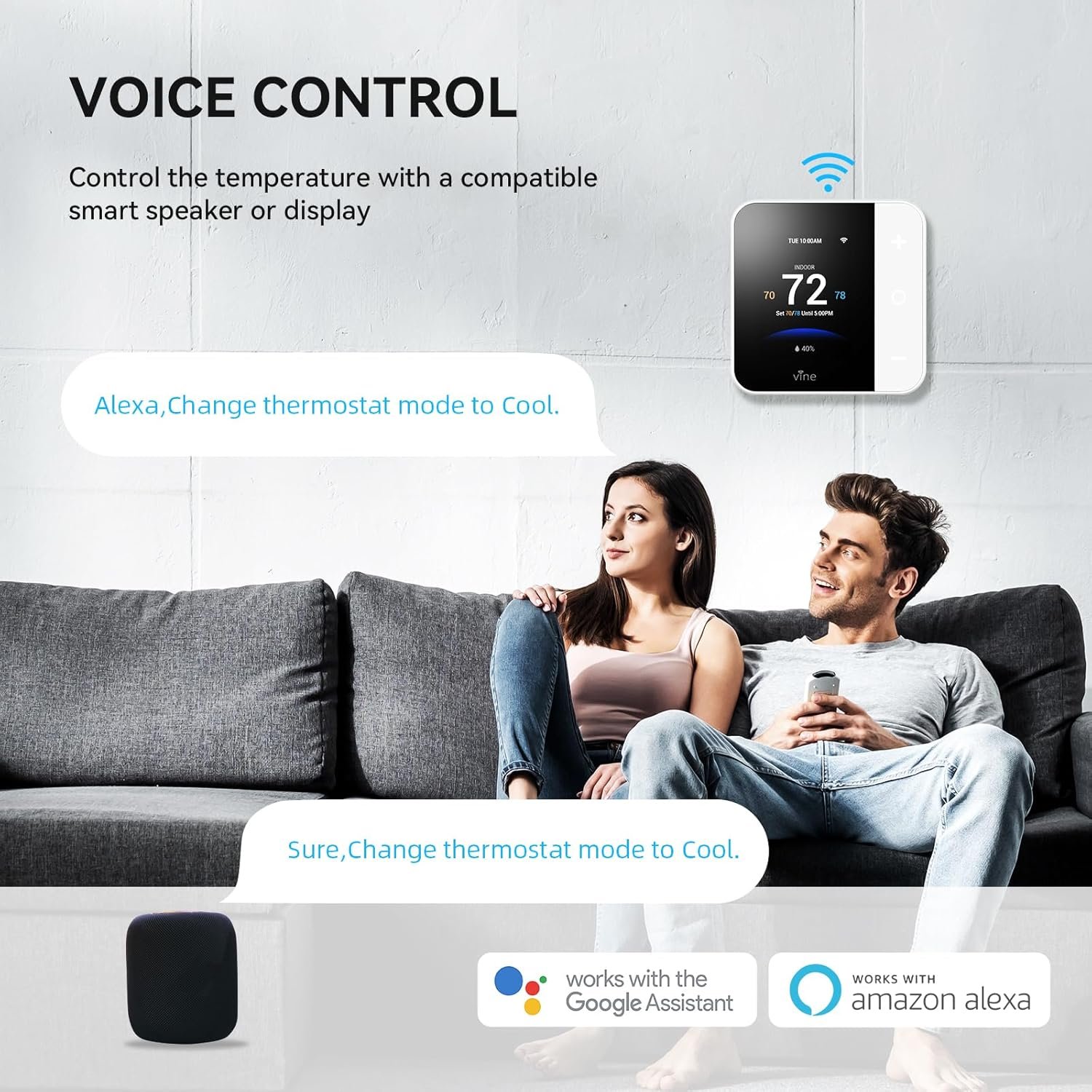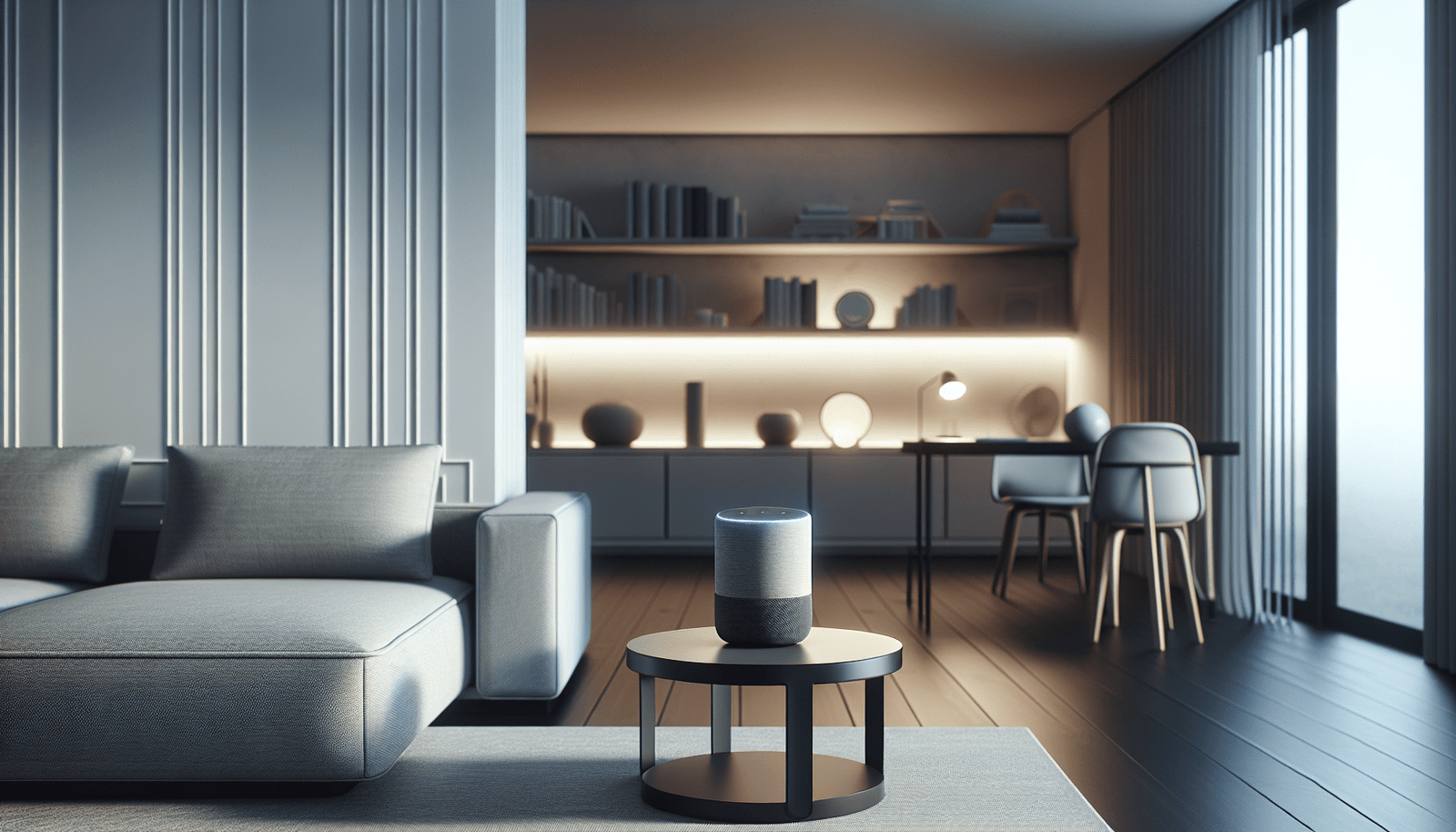Have you ever wondered if adding a smart hub to your Alexa or Google Home setup is truly necessary? Navigating the world of smart homes can be both exciting and a bit overwhelming, especially with the wide range of devices and gadgets available today. For tech enthusiasts and beginners alike, understanding the nuances of smart speakers versus Smart hubs, and knowing what each brings to the table, can significantly enhance your smart home experience.
What Are Smart Speakers and Smart Hubs?
When you start building your smart home, the initial devices you might encounter are smart speakers and smart hubs. Each serves a distinct purpose, and knowing the differences can help you make informed decisions.
Smart Speakers: Your Digital Assistant
Smart speakers, such as Amazon’s Alexa and Google Home, act as the voice-controlled interface of your smart home. These devices allow you to play music, get news updates, answer queries, and control other smart devices with voice commands. Their ease of use and versatility make them an attractive option for many users.
Smart Hubs: The Control Center
Smart hubs, on the other hand, serve as the central control point for all your smart devices. They manage the communication between various devices, ensuring seamless interaction and integration. While some smart speakers have built-in hub capabilities, dedicated hubs often offer more advanced features and support a wider range of devices.
Do You Really Need a Smart Hub?
The necessity of a smart hub depends on your specific needs and the complexity of your smart home setup. Let’s explore different scenarios to help determine if a smart hub is essential for you.
Simple Smart Setups Without a Hub
For those who own a few smart devices primarily for convenience, such as smart light bulbs or a thermostat, relying on a smart speaker alone might suffice. Many smart speakers can directly control compatible devices via Wi-Fi, offering basic smart home functionality without the need for a hub.
Complex Setups with Multiple Devices
If your smart home includes multiple devices from different manufacturers, a smart hub can simplify management. Hubs can unify control, offering a single interface to automate routines and ensure all devices communicate efficiently. They often support advanced automation and can bridge devices that operate on different protocols like Zigbee or Z-Wave.
Future-Proofing Your Smart Home
For users planning to expand their smart home significantly in the future, investing in a smart hub might be a wise choice. Hubs provide scalability, allowing you to add more devices without overwhelming your network or complicating your smart home ecosystem.

Comparing Smart Hubs for Alexa and Google Home
Choosing the right smart hub can be daunting given the variety available. Below, we’ll compare popular options to assist in your decision-making.
| Features | Alexa-Compatible Hubs | Google Home-Compatible Hubs |
|---|---|---|
| Connectivity | Wi-Fi, Zigbee, Z-Wave | Wi-Fi, Bluetooth, Zigbee, Thread |
| Device Support | Wide range, ideal for Amazon devices | Wide range, ideal for Google devices |
| Automation | Routine and automation support | Strong automation and integration support |
| Ease of Use | User-friendly app and setup | Intuitive integration with Google services |
| Privacy Features | Customizable privacy settings | Strong focus on security and privacy |
Each hub has its unique strengths and is tailored to integrate seamlessly with its respective ecosystem, ensuring efficient management of smart home devices.
Privacy and Security Concerns
As your smart home expands, privacy and security become increasingly important. It is crucial to understand how smart hubs and speakers handle your data to make sure your home remains private and secure.
Data Privacy in Smart Homes
Smart speakers and hubs analyze voice commands and device usage to provide personalized experiences. While convenient, it raises privacy concerns regarding who has access to your data. Thankfully, both Amazon and Google provide settings that allow you to manage data collection and retention.
Security Measures to Implement
To safeguard your smart home, ensure you utilize security best practices. This includes using strong, unique passwords, enabling two-factor authentication, and regularly updating devices to protect against vulnerabilities. Some smart hubs additionally offer built-in security features such as malware protection and encrypted communication between devices.

Enhancing Your Entertainment Experience
For music lovers and entertainment enthusiasts, smart speakers and hubs offer numerous features to enrich your listening experience. Understanding these capabilities can transform how you enjoy media in your home.
Multi-Room Audio and Sound Quality
Smart speakers allow you to play synchronized audio across multiple rooms, creating an immersive experience for parties or everyday listening. Some smart hubs also enhance audio quality by optimizing sound output and supporting high-resolution audio streams.
Streaming Capabilities
Both Alexa and Google Home support various streaming services, giving you access to a wide library of music, podcasts, and audiobooks. Linking your preferred streaming accounts offers hands-free access to your favorite media with simple voice commands.
Practical Setup and Troubleshooting Tips
To maximize the potential of your smart home setup, proper installation and troubleshooting are crucial. Here are some practical tips to help you along the way.
Initial Setup and Configuration
Begin by placing your smart speaker or hub in a central location with good Wi-Fi coverage. Follow the manufacturer’s setup instructions, ensuring all devices are paired correctly. Configure any preferences or routines to suit your lifestyle.
Common Issues and Solutions
If you encounter connectivity issues, consider rebooting your router and devices to reset the connection. When voice commands aren’t recognized, check if the device is within range and ensure the microphone isn’t muted. Updating firmware regularly can also resolve minor bugs and improve performance.
Conclusion: Balancing Needs and Preferences
Ultimately, whether you need a smart hub for your Alexa or Google Home setup depends on your individual preferences, budget, and the complexity of your smart home. For basic setups, a smart speaker alone might suffice, whereas more intricate configurations benefit from a dedicated smart hub. By understanding the roles and benefits of these devices, you can create a smart home that is efficient, secure, and perfectly tailored to your lifestyle.
Disclosure: As an Amazon Associate, I earn from qualifying purchases.





